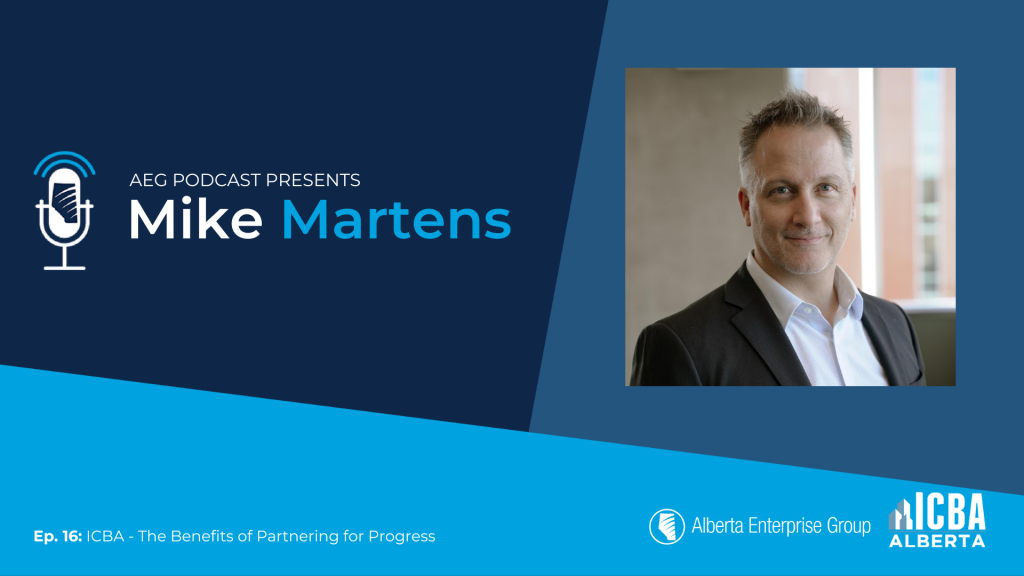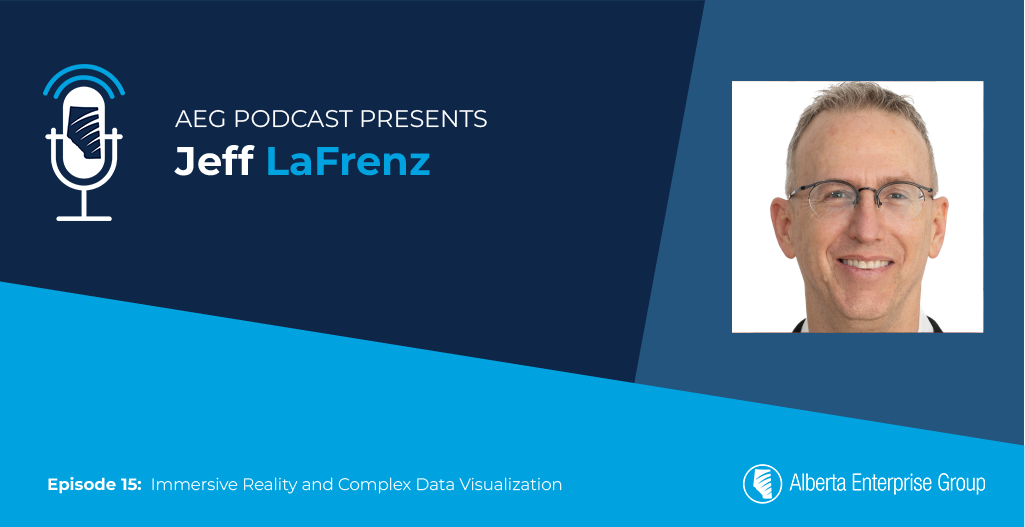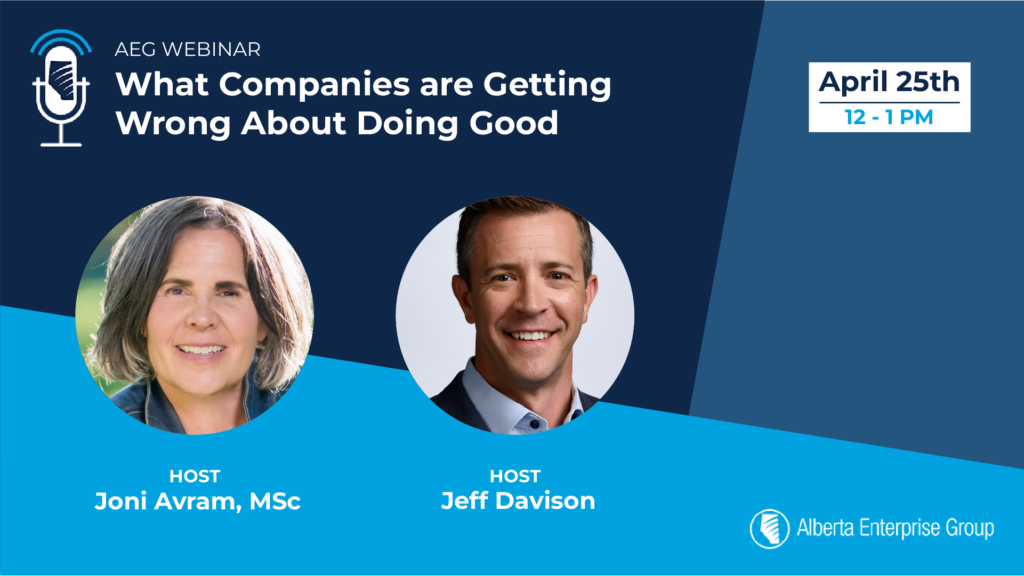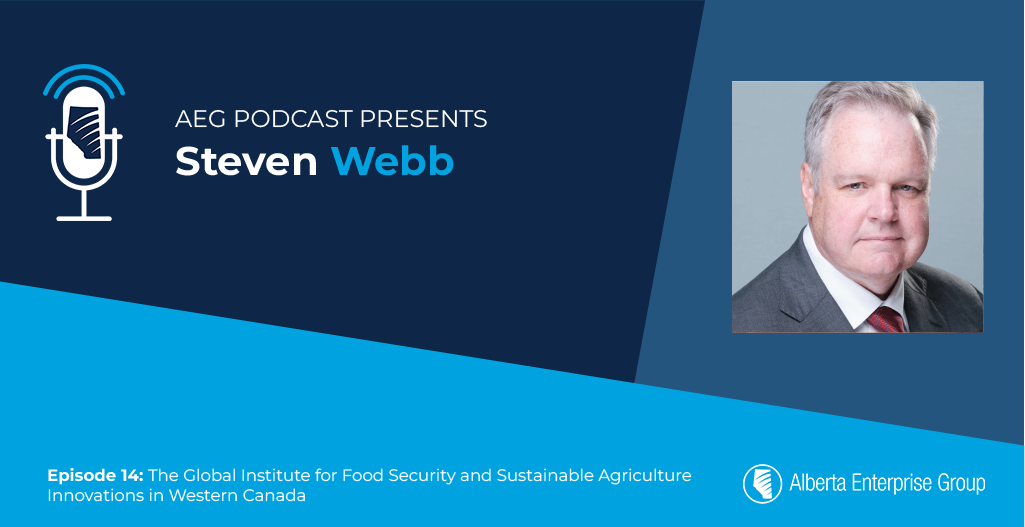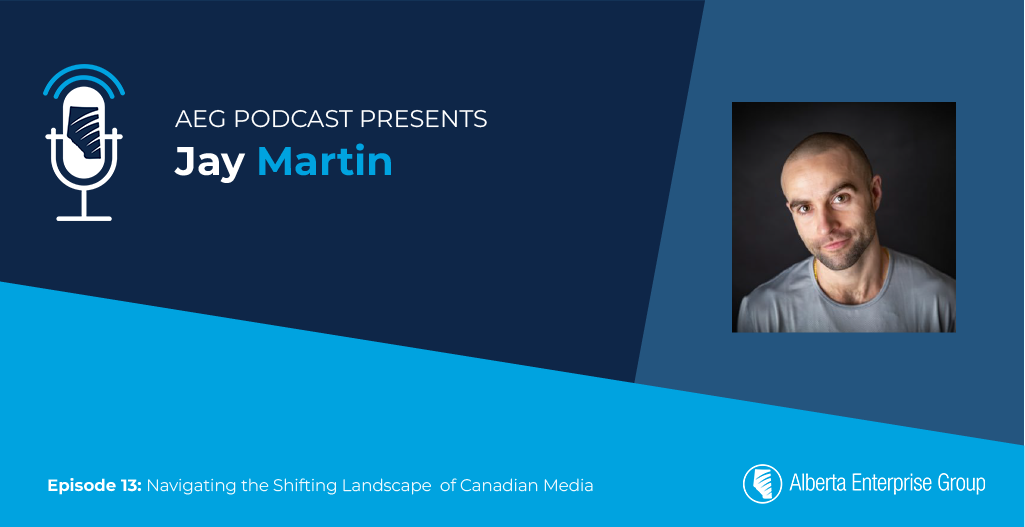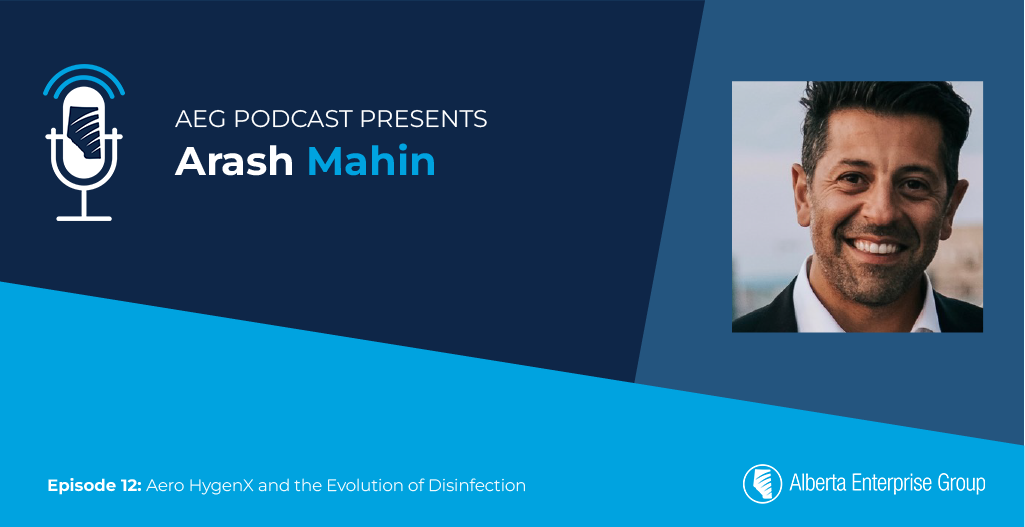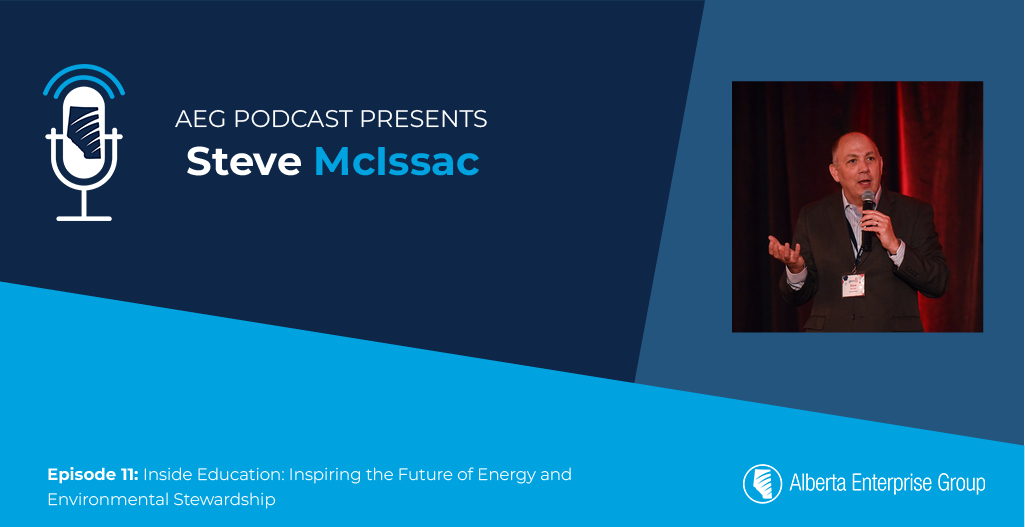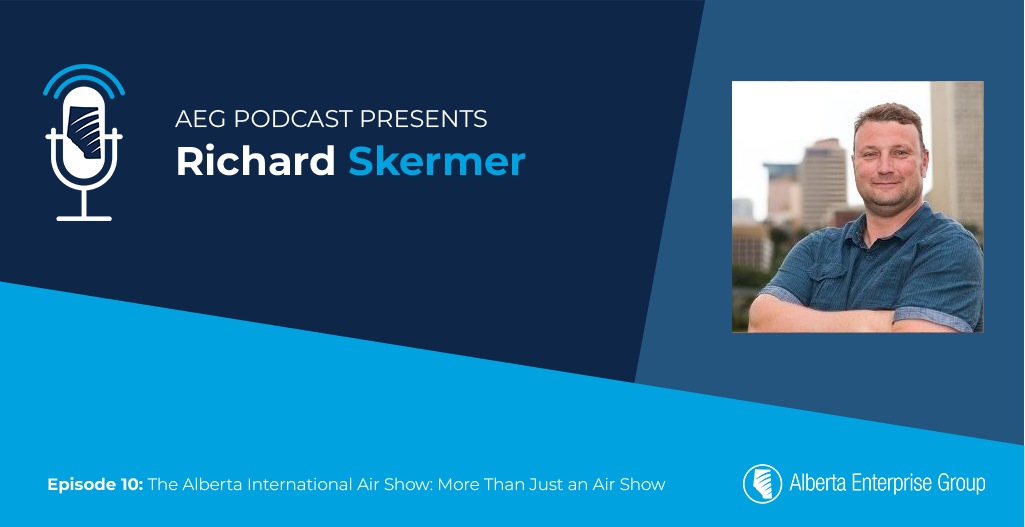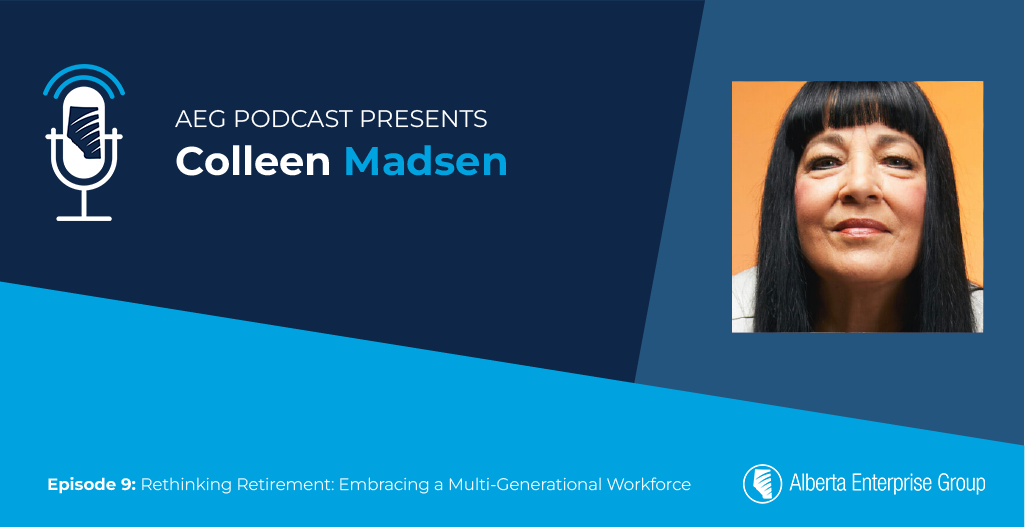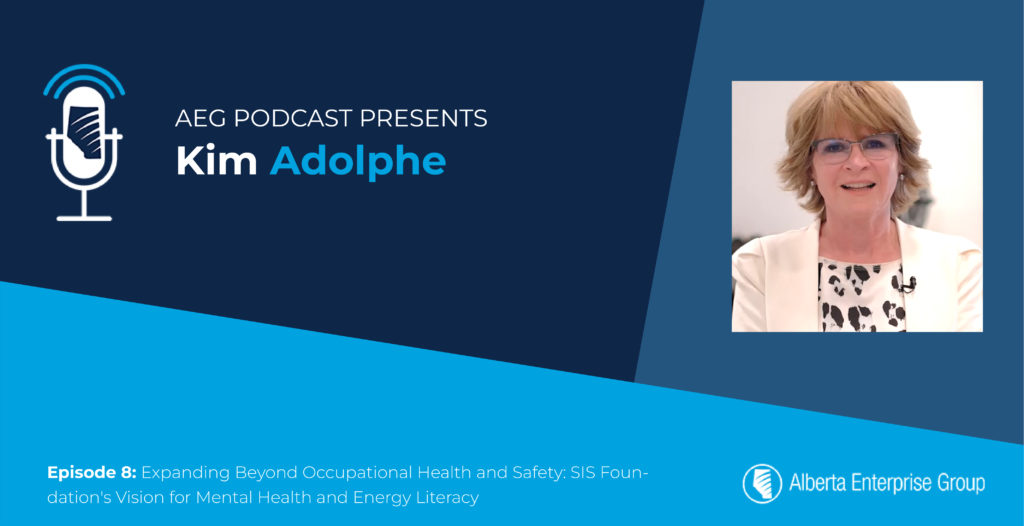The Benefits of Partnering for Progress Catherine and Mike discuss the new partnership between AEG and ICBA to provide quality group health benefits for AEG members. They outline the advantages of ICBA’s nonprofit model, how the partnership will allow AEG to better serve its members, and the importance of regularly reviewing your benefits package to […]
In this podcast, Catherine interviews Jeff LaFrenz, Co-Founder and President of VizworX, an organization that specializes in delivering enterprise-class digital experiences using immersive reality and complex data visualization technologies. Jeff shares his extensive experience in technology commercialization and how he thrives on pulling together complex technical and business requirements to build high-performance teams. He also discusses the latest trends in immersive reality and how VizworX is using it to create engaging digital experiences for its clients. Join us to learn more about how Jeff and VizworX are pushing the boundaries of data visualization through immersive reality.
This is a webinar hosted by Jeff Davidson, CEO of the Prostate Cancer Center in Calgary, on the topic of corporate social activism. The discussion focuses on the importance of businesses engaging in social change to meet the expectations of their audiences, including employees, customers, shareholders, and investors. Joni Abram, an expert in social change, marketing, and behavioral science, joins Jeff to discuss the risks and potential impact of corporate social activism, and how businesses can approach it authentically to build goodwill and establish themselves as valuable members of the community. They also discuss the importance of tangible outcomes and impact, and give examples of good and bad corporate social activism. The webinar emphasizes that smaller companies can have a real impact on their communities and offers practical advice on how to achieve meaningful social change.
Catherine Brownlee interviews Steve Webb from the Global Institute for Food Security in this podcast. They discuss the institute’s objective to promote innovative and worldwide sustainable food solutions through industry-government-academic partnership. They discuss the challenges and opportunities for innovation in agriculture and food, and highlight the sustainable outcomes of Western Canada’s adoption of innovative technologies like no-till and herbicide-tolerant canola. The conversation emphasizes the importance of partnerships and collaborations between governments, academia, and industry to bring market-relevant innovations to consumers and producers worldwide.
AEG podcast, Ep.13 – Navigating the Shifting Landscape of Canadian Media In this AEG podcast episode, Jay Martin talks about how media has changed in our lifetime and how it has been advantageous for media creators due to the diminished barriers to entry. This has allowed independent journalists to have a shot at getting their […]
AEG podcast, Ep.12 – Aero HygenX and the Evolution of Disinfection Arash Mahin, the co-founder of Aero HygenX, explains that his company provides a sustainable method of disinfection that moves away from traditional chemical methods, which they believe need to evolve. The company utilizes a proven technology, UV-C Technology, that has broad applications beyond what […]
In this podcast episode, AEG interviews Steve MacIsaac from Inside Education, an education support organization in Alberta that provides teachers with tools and resources to inspire their students in the fields of energy, natural resources, and the environment. MacIsaac talks about the organization’s tagline “supporting teachers, inspiring students” and how they work to engage young people in solutions and innovations in the industry. He also shares his observations on the changing engagement of young students over the years, as well as the recent Provincial Youth Summit they held, where high school students were given opportunities to deep dive into issues related to energy, climate, and water, and to develop education and action plans to share with their peers in their communities. The episode ends with MacIsaac’s advice to young energy leaders on how to be engaged and inspired in the future of energy and environmental stewardship.
In this episode of AEG’s podcast, host Catherine Brownlee welcomes Richard Skermer, a representative of the Alberta International Air Show, to discuss the event’s mission and goals. Richard explains that the air show is not just a typical barnstormer event, but rather a conference and networking center for the aerospace industry with a rodeo as a backdrop. He emphasizes the importance of attracting human capital to the region for economic diversification and the need to showcase Alberta as a dynamic and forward-thinking destination. Richard also discusses the STEAM initiative and the importance of incorporating arts into STEM education. He explains that the success of the air show is measured in metrics and aligning with corporate and government objectives, making it an investment opportunity for sponsors rather than just a weekend event. The air show is set to take place on an August long weekend this year.
Colleen, the founder of Experience Group, shares her journey of becoming a retirement coach after struggling to find work due to ageism. Her organization helps individuals and companies manage their aging workforce and prepare for retirement beyond just financial planning. Colleen argues that the concept of retirement needs to be revamped, as people are living longer and healthier lives, and the workforce is becoming more age-diverse. She encourages companies to examine their recruiting and retirement processes, creates innovative ways to retire people while maintaining their knowledge and wisdom, and embrace the benefits of a multi-generational workforce. Colleen also highlights the dark side of retirement, including a lack of purpose and rhythm, which can lead to disappointment and uninspired retirees.
In this podcast episode, AEG interviews Kim from Swift Learning and the SIS Foundation. Kim talks about how the Alberta government’s legislation prompted the establishment of the SIS Foundation in 2011 to provide occupational health and safety training to students. They discuss the Foundation’s current initiatives, such as expanding into mental health and well-being and energy literacy programs, and its partnerships with subject matter experts, government organizations, and industry. Kim also shares her vision of using the SAAS and Sahara technology to expand the Foundation’s e-learning programs and engage young ambassadors to promote workplace safety and education. The podcast offers insights into the Foundation’s future initiatives and its potential to become an online charter school or partner with other organizations to benefit the community at large.
- 1
- 2


